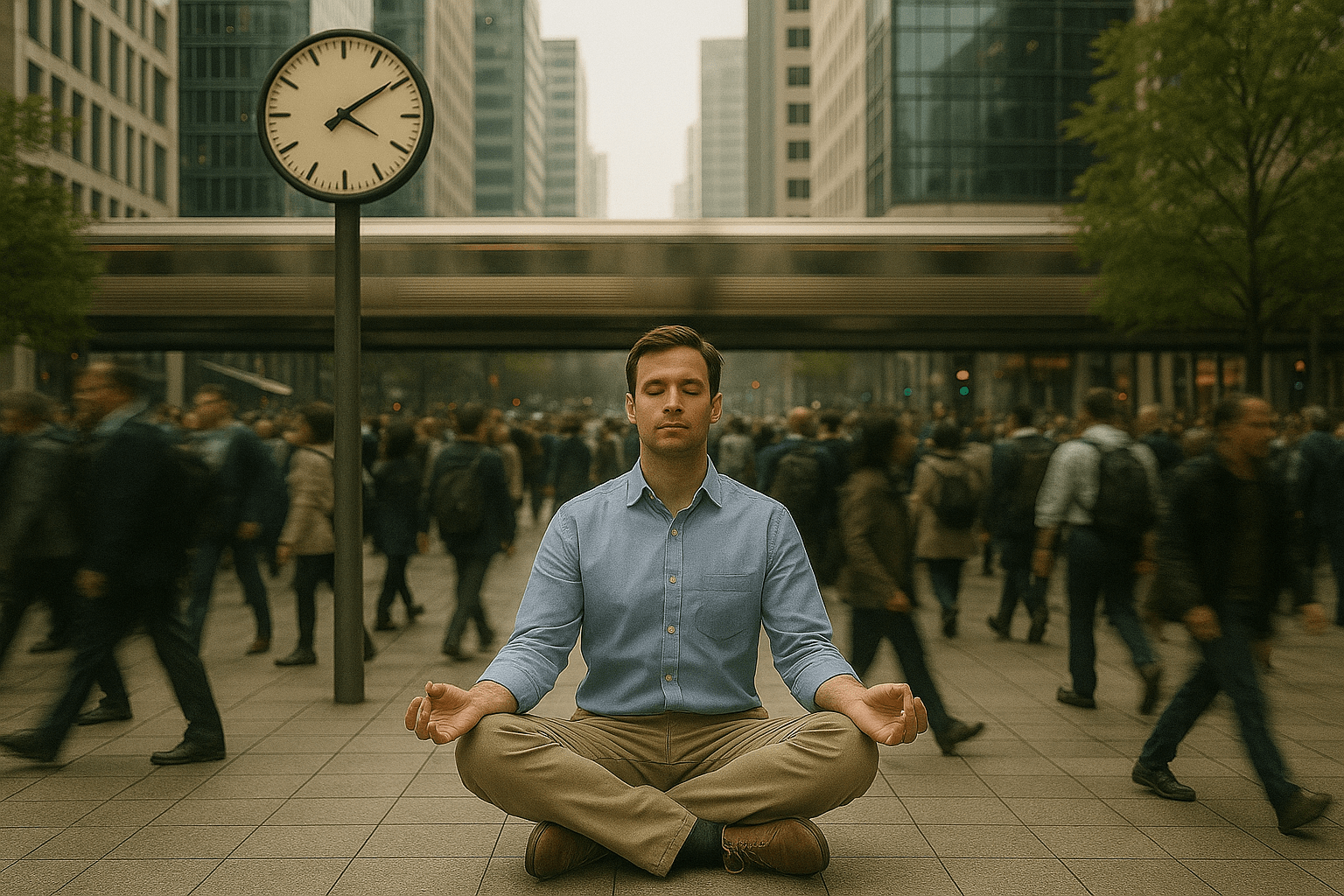
The Hidden Cost of Our Fast-Paced Lives
Mental Health, Burnout, Modern Life, Overworked, Stress Culture
We live in a world that’s always on. Emails don’t stop at 5 p.m., social media never sleeps, and the pressure to “do more” seems endless. On the surface, our fast-paced lives might look productive and exciting, but beneath it all, there’s a hidden cost. That cost is our mental health.
Living in Overdrive
Think about a typical day: rushing from task to task, multitasking while scrolling, squeezing in one more meeting, one more errand, one more notification. The expectation to constantly keep up leaves little room for rest, reflection, or even just breathing.
Over time, this constant state of “go, go, go” can take a toll on our well-being. Stress builds. Anxiety creeps in. Burnout becomes more than a buzzword — it becomes reality.
The Toll on Mental Health
Our minds weren’t designed to operate in overdrive 24/7. When we ignore the need for balance, our mental health pays the price in ways that often show up quietly at first:
- Sleep struggles — lying awake even when exhausted.
- Irritability — snapping at loved ones without meaning to.
- Constant worry — a brain that won’t switch off.
- Physical tension — headaches, tight shoulders, or a racing heartbeat.
These signs can feel “normal” in a busy world, but they’re signals from your mind and body that it’s time to slow down.
Why We Push Ourselves So Hard
Part of the hidden cost comes from the culture we live in. Success is often measured by how busy we are. Social media highlights perfection. Work emails create pressure to be “always available.” Even well-meaning trends about productivity can make us feel like we’re never doing enough.
It’s no surprise so many of us feel mentally drained. The truth is, the pace of modern life often runs against our natural need for rest, connection, and balance.

Finding Balance in a Fast World
The good news? Slowing down doesn’t mean giving up on success, it means redefining it. Here are a few small but powerful ways to protect your mental health in today’s busy world:
- Set boundaries with technology – Turn off notifications when you’re resting. Create screen-free time each day.
- Schedule downtime like an appointment – Treat rest as non-negotiable, just like work meetings.
- Practice mindfulness – Simple breathing, meditation, or even focusing on your surroundings can help ground you.
- Move your body – Exercise, walking, or stretching relieves tension and improves mood.
- Talk it out – Share your struggles with a trusted friend, family member, or therapist.
These small steps help create balance in a world that often feels unbalanced.
